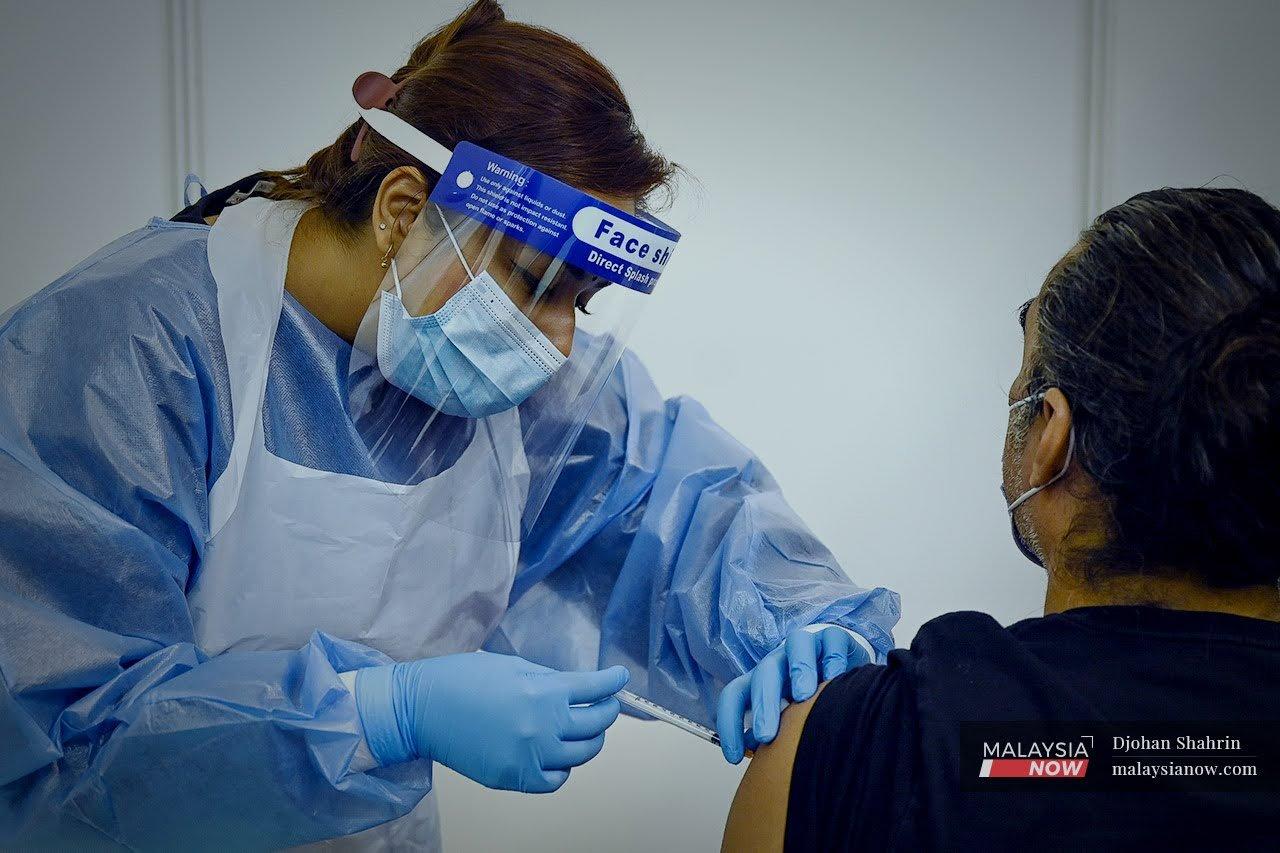Vaccine site crashes as hundreds of thousands rush to register for AstraZeneca
Many who were unable to book a slot have taken to social media to express their anger and disappointment.
Just In
The official website for the National Covid-19 Immunisation Programme (PICK) today crashed after registration for the AstraZeneca vaccine was opened to the general public in several states.
Slots for the vaccine, which is being offered through an opt-in programme to those in Selangor, Kuala Lumpur, Sarawak, Johor and Penang, were fully booked less than two hours after registration began at noon, with 1.2 million people successfully reserving a spot on the list.
However, many others took to social media to express their anger and disappointment at being unable to register despite refreshing the page multiple times.
Some also questioned the RM70 million budget used to set up the MySejahtera app and vaccine website, saying these had failed to accommodate the millions of people who wanted to book a slot.
About an hour after registration began, only some 300,000 people were able to book a spot with PICK’s official social media advising others to “try again shortly”.
“More than 300,000 slots of the second round of the AstraZeneca vaccine booking appointments have been booked.
“We understand that many are still unable to do so. Please try again shortly,” it said.
This was the second round of AstraZeneca slots opened to the public on a first-come, first-served basis.
The AstraZeneca jab was made optional after thousands cancelled their vaccination appointments through the MySejahtera app due to concerns about side effects including rare cases of blood clots, some of which have been fatal in other countries using the brand.
The first round, which was rolled out on May 5, was met with good response, with over 268,000 slots snapped up within three hours.
Subscribe to our newsletter
To be updated with all the latest news and analyses daily.
